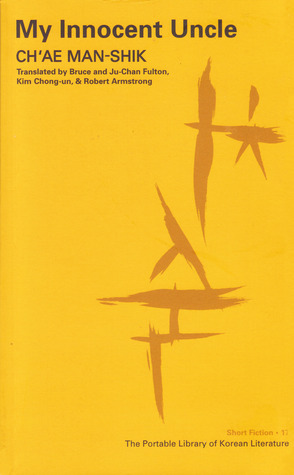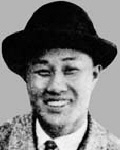
Kore edebiyatında hiciv dolu toplumcu gerçekçi tutumuyla öne çıkan; Japon Sömürge döneminin en önemli yazarlarından biri kabul edilen Chae Man-sik, öyküleriyle Türkçede! Güncel hayatın içinde olduğu kadar siyasi gündemin de tam merkezinde duran entelektüel bir figür olarak Chae Man-sik (1902-1950), Japon Sömürge ve II. Dünya Savaşı sonrası “Kurtuluş” dönemlerini eserlerinde yalın ve hiciv dolu bir dille işlemiştir. Güldürü öğesi bol hicivleriyle fark yaratan dili sayesinde döneminde de fazlasıyla rağbet görmüş olan Chae Man-sik, sömürge polisinin baskıları artırdığı dönemde sömürge yanlısı olmak zorunda bırakılmasıyla da eleştiri oklarının ucundaki isimlerdendir. Kendi gibilere bu eleştirileri yapanlardan biri de Chae Man-sik’tir. “Halkına İhanet Eden”(1948) gibi hiciv dolu, sert bir eleştiri barındıran ve yarı-otobiyografik öğeler içeren öykülerde görüldüğü üzere, yazar döneminden rahatsız olduğu kadar, kendi geçmişinden ve hatta kendinden de rahatsızdır. Dönemindeki her türlü ideolojiyi sert bir dille eleştiren Chae Man-sik, yeni kurulan Kore’nin ideolojik tutumundaki kusurları da dile getirmiştir. Bu politik anlamdaki “aktif” tutumu nedeniyle başı dertten kurtulmamıştır. Diğer yandan, birçok yazar “Kurtuluş” sonrası halk gözünde değer kaybetse de, Man-sik’in okuyucu gözünde koruduğu itibarı, onun ne kadar büyük bir yazar olduğunun göstergesidir. Bu kitapta, Chae Man-sik’in yazarlık kariyerinde eşik noktası hükmündeki 8 öyküyü, belki de kariyerinin zirve noktası kabul edilebilecek olan “Benim Saf Amcam”(1938) adlı öyküsünün ismi eşliğinde size sunuyoruz. Fihrist olarak, Kore edebiyatının klasik eserlerini ilk kez Türkçeye kazandırarak siz değerli okuyucularımıza sunmaktan mutluluk duyuyoruz.
Author
